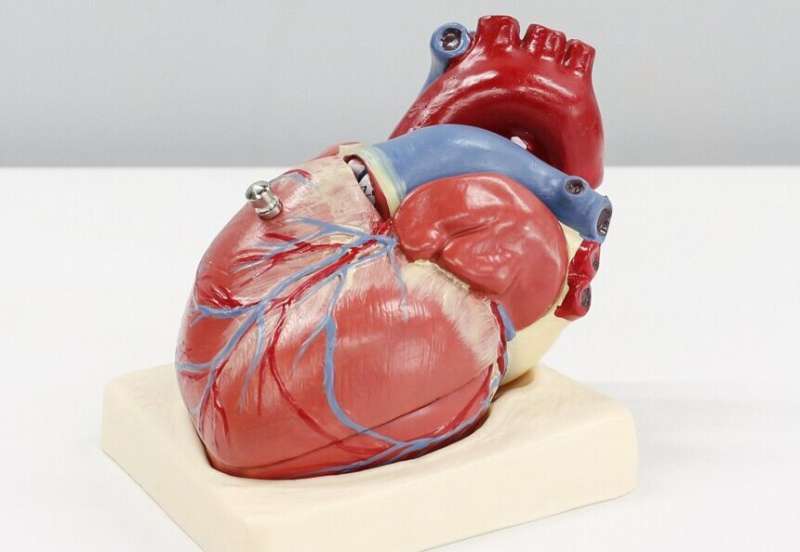New ESC/EAS Guidelines Introduce Enhanced Strategies for Cardiovascular Risk Assessment and Lipid Management

The latest ESC/EAS guidelines introduce improved cardiovascular risk prediction tools and treatment strategies, including statins for high-risk groups, to enhance lipid management and prevent cardiovascular disease.
The European Society of Cardiology (ESC) and the European Atherosclerosis Society (EAS) have issued a comprehensive update to their guidelines on managing dyslipidemia, emphasizing advanced tools for cardiovascular risk prediction and treatment optimization. Released at ESC Congress 2025 and published in the European Heart Journal, the new guidance advocates for the adoption of innovative risk assessment algorithms, namely SCORE2 and SCORE2-OP, to better estimate both fatal and non-fatal cardiovascular events over ten years.
These algorithms improve upon previous models by providing tailored risk predictions for individuals aged 70 to 89, helping clinicians identify high-risk patients who would derive the most benefit from early intervention. Integrating these tools with the latest treatment strategies aims to facilitate earlier, more targeted therapy, potentially saving lives across Europe.
In addition to risk assessment advancements, the guidelines reinforce the importance of statin therapy in certain populations. For instance, they recommend statins for all HIV-positive individuals aged 40 and above, regardless of their initial cardiovascular risk, based on evidence from the REPRIEVE trial that demonstrated significant cardiovascular benefits after five years of treatment.
The update highlights increased cardiovascular risk among HIV patients compared to the general population due to arteriosclerosis and artery narrowing, which can lead to heart attacks and strokes. It also emphasizes the use of statins for high-risk cancer patients, especially those undergoing chemotherapy with anthracyclines, which can damage the heart and increase heart failure risk.
Despite the focus on medication, the guidelines strongly advise against using dietary supplements or vitamins to lower LDL cholesterol, citing a lack of evidence for their safety and efficacy. Instead, they promote healthy dietary habits like reducing saturated fats, and increasing intake of whole grains, vegetables, fruits, and fish.
Furthermore, the guidelines introduce new lipid-lowering drugs such as bempedoic acid for patients who cannot tolerate statins and underline the importance of lipid management in acute coronary syndrome cases. The comprehensive approach aims to improve cardiovascular outcomes by combining precise risk prediction with optimized medication use.
Overall, this update represents a significant step forward in personalized cardiovascular care, leveraging improved risk models and evidence-based treatments to better prevent and manage cardiovascular disease worldwide.
Source: https://medicalxpress.com/news/2025-08-guidance-approach-cardiovascular-treatment-goals.html
Stay Updated with Mia's Feed
Get the latest health & wellness insights delivered straight to your inbox.
Related Articles
RSV Vaccination Reduces Cardiorespiratory Hospitalizations in Adults Over 60
A recent study shows that RSV vaccination in adults over 60 can significantly lower the risk of severe cardiorespiratory hospitalizations, enhancing health outcomes during the winter season.
Innovative Gene Therapy Protects Hearing and Balance in Preclinical Studies
A groundbreaking gene therapy from Tel Aviv University effectively preserves hearing and balance in preclinical models, promising new treatments for genetic ear disorders.
Employment Can Boost Recovery in Individuals with Alcohol Use Disorder
Work and employment support significantly improve recovery outcomes for individuals treating alcohol use disorder, reducing drinking frequency and enhancing quality of life.
How Temperature Distorts Gene Activity to Maintain the Body's 24-Hour Clock
New study reveals how gene activity waveform distortion under heat helps maintain our body's precise 24-hour circadian rhythm despite temperature changes, ensuring synchronization with environmental cues.



